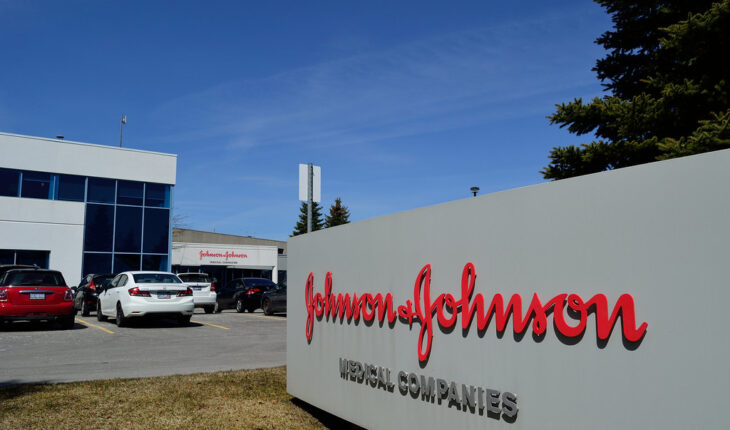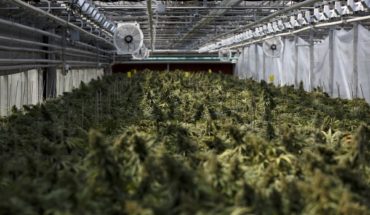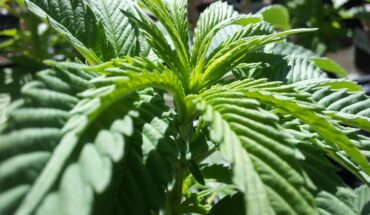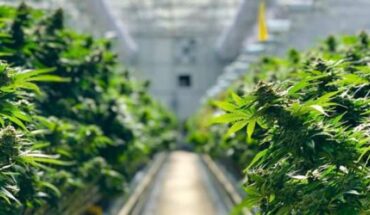According to the company’s CFO Joseph Wolk, Johnson & Johnson’s (NYSE:JNJ) late-stage COVID-19 vaccine trial has been paused after an adverse event was reported in a participant.
Johnson & Johnson halts trial after the participant develops a strange illness
The vaccine candidate developed by JNJ’s subsidiary Janssen was paused because of a safety concern, and it employs the same approach as Oxford-AstraZeneca’s vaccine candidate, whose trials were equally paused last month. The vaccine candidate trials were paused after a participant in the study developed an “unexplained illness.” The company has indicated that its internal clinical and safety physicians, as well as an independent Data Safety Monitoring Board, are reviewing that illness. The company, which was targeting over 60,000 participants, will now hold enrolment and dosing of participants for the time being.
Wolk said that the trial’s halting will allow the data and safety monitoring board to conduct a thorough investigation of the unexplained illness. He added that trial pauses are not uncommon, and the company is letting safety protocol to follow due process. Wolk said that the review will also reassure the public that the medical, scientific, and ethical procedures are followed.
Pause of trials an indication that researchers were following safety procedures
In a statement, J&J said that a pausing rule in the study had been met but didn’t offer details on the participant that had adverse events. The company said that they respect the participant’s privacy and are learning more about the unexplained illness. JNJ added that it is vital to have all facts before sharing any information.
Besides Johnson and Johnson and AstraZeneca’s vaccine trials that were paused, Eli Lilly’s (NYSE:ELL) antibody treatment trial has also been paused. According to experts, the trials’ pause is comforting because it shows that researchers have been following proper safety protocols. However, they have warned that Eli Lilly’s pause could be worrisome because they were trying the treatment on hospitalized COVID-19 patients that are already sick, and health declines could have been surprising.




